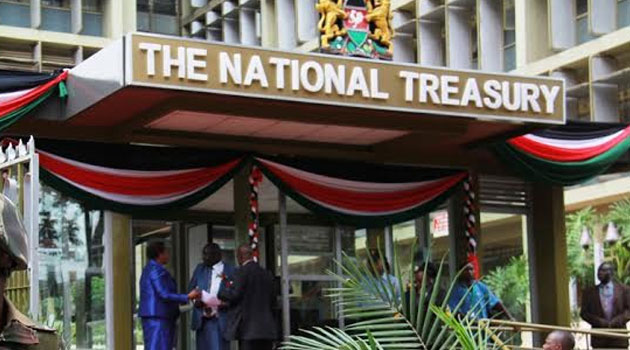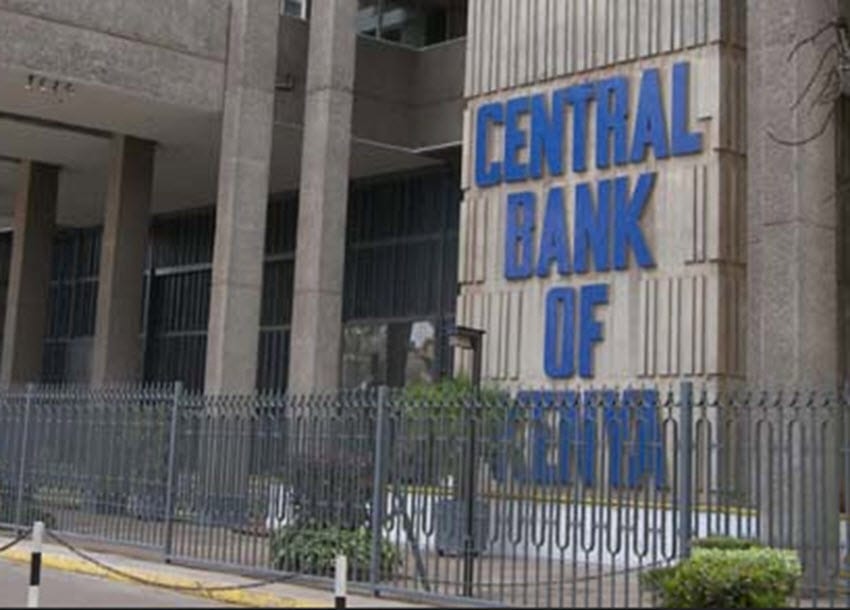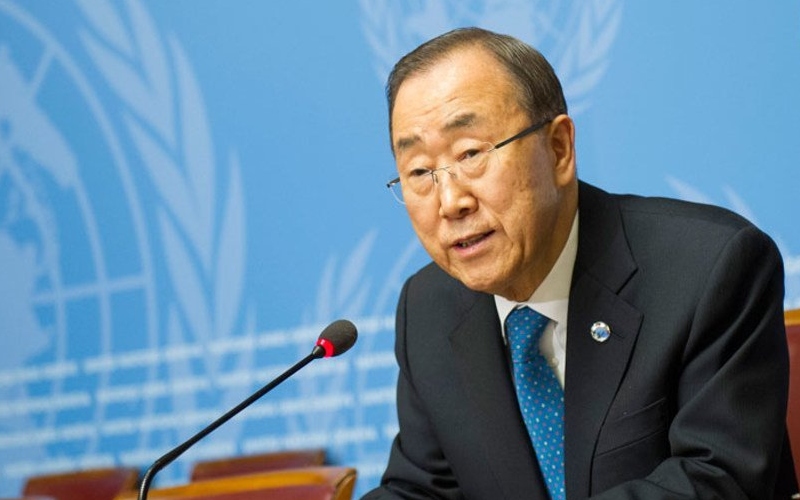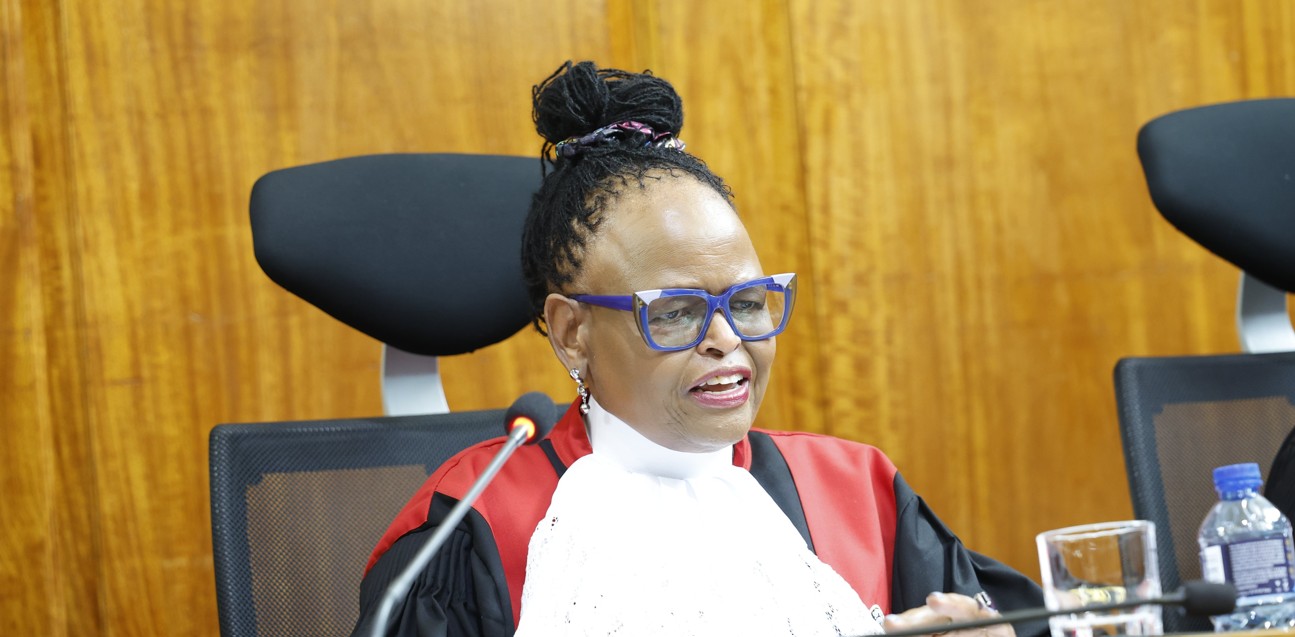Experts say forensic audit best way to unravel Kenya’s debt mystery

Previous regular debt audits by the Auditor General’s office have borne no fruit, causing a depressed tax policy at the taxpayer's expense.
Kenya needs nothing less than a forensic audit by an established judicial commission on the ever-ballooning debt that is taking a toll on the country’s development.
Speaking to The Eastleigh Voice, economic experts and lawyers noted that among the other probable strategies – default, debt restructuring, and write-offs – the forensic audit is the king that would ensure a prudent debt environment for the future.
More To Read
- World Bank warns political interference weakening Kenya’s state-owned enterprises
- Developing countries’ debt servicing cost hit 50 year high on high interest
- Ruto backs IMF partnership as key to Kenya’s debt, economic reforms
- Parliamentary Budget Office warns Sh2.2 trillion projects at risk over funding delays
- CBK warns of rising debt distress, urges fiscal coordination
- World Bank upgrades Kenya’s growth outlook to 4.9 per cent, warns of elevated risks
This is because the previous intervention of regular debt audits by the Auditor General’s office has borne no fruit, occasioning a depressed tax policy at the expense of taxpayers.
The consequential result of the aforementioned is what has been termed by many analysts as the genesis of the youth-led protests that began in June, forcing the president to withdraw the Finance Bill 2024.
As stipulated in the Public Finance Management Act, any debt the country takes requires parliamentary approval. The law further stipulates that money borrowed should be for development purposes.
According to lawyer Willis Otieno of Otieno Ogola & Company Advocates, the above has arguably not been the case for all the debts that Kenya has taken in the past two decades. Therefore, a forensic audit will help uncover the country’s debt mystery.
The latest data by the Central Bank of Kenya (CBK) puts the country’s total debt at Sh10.4 trillion as of March 2024, with Sh5.163 trillion owed to external creditors and Sh5.235 trillion to the domestic market.
Notably, the debt levels have been rising over the past decade, despite the government offsetting some of them.
For instance, data by Bajeti Hub, formerly known as the International Budget Partnership (IBP), shows that Kenya's debt-to-GDP ratio grew from 42 per cent in 2012-2013 to 61 per cent at the end of the 2018-2019 financial year.
Within this period, debt was growing annually by an average of 20 per cent, according to the advocacy firm.
Debt figures as of June 30, 2023, showed the country’s indebtedness to external creditors has been rising every year. The debt owed to multilateral lenders like the IMF and the World Bank increased by 44.91 per cent to Sh2.65 trillion, while that of commercial banks grew by 22.34 per cent to Sh1.29 trillion, in the one year to June 30, 2023.
 The National Treasury. (Photo: Treasury)
The National Treasury. (Photo: Treasury)The National Treasury. (Photo: Treasury)
Debt owed to bilateral creditors, who are the official agencies that make loans on behalf of one government to another government or public and publicly guaranteed borrowers in another country, recorded an 11.40 per cent jump to Sh1.25 trillion.
Just a year earlier in 2022 when the overall public debt stood at Sh8.6 trillion, the debt power to multilateral lenders had increased by 16.77 per cent from the preceding year to Sh1.83 trillion.
Debt owed to commercial banks had increased by 0.96 per cent to Sh1.05 trillion whereas that for bilateral creditors jumped by 4.99 per cent to Sh1.12 trillion
However, the question that has occupied most think tanks in the country is the concept of the country dedicating billions every year to debt financing but still the debt value keeps growing.
Justice Willis Otieno reckoned that the government has recently paid more than Sh4.5 trillion as debt finance but the debt has kept increasing instead of decreasing.
“Which debt is this that keeps on going up when payment is being made?” he asked.
On this point, he reiterated the need for a forensic audit of the country’s debt to ascertain the narrative behind that unanswered concern.
“Once successful and we can know what funds were taken in the name of Kenya and never entered the country’s coffers, or were never subjected to development, we would be able to tell the legal loans to be paid by Kenyans. Those that did not follow the legal means to the benefit of individuals should then be offloaded from the taxpayers' shoulders and the responsible parties face the law,” Otieno said.
He added that the odious loans could as well be defaulted on as it would not have any implications on the country’s credit score since the default would be legally supported.
On his part, market analyst and investor Mihr Thakar concurred that the other consequential options – write-offs and defaults, for dealing with bad debt – are not good strides for the country, and the prospect for future credit access.
Instead of going the write-off and default route, Thakar stressed that the government should push for a sovereign bond guarantee from the external market, specifically to reduce borrowing costs.
A sovereign bond guarantee refers to the assurance provided by a government to investors that debt repayment will be done without fail. It is a type of guarantee that serves as a safeguard for investors, providing them with a sense of security and confidence in their investments.
“Debt write-offs are highly negative for international market access and this rolls back decades of progress in the medium term. Akin to a write-off, debt default will also create investor flight, staggering currency depreciation, inflation and high levels of poverty,” said Thakar.
John Kinuthia, the senior programmes officer at Bajeti Hub, said Kenya’s debt mystery has left the government grappling with how to balance between settling debt, the need to still fund critical services and reducing the amount of debt accumulation.
He also opposed the option of defaulting or going the write-off way as the two would only worsen the situation and put the country into a worse fiscal policy crunch.
 The Central Bank of Kenya. (Photo: File)
The Central Bank of Kenya. (Photo: File)
“Firstly, Kenya is classified as a lower middle-income country which means it does not qualify for debt reliefs that are sometimes accessible to poor countries. Secondly, the composition of Kenya’s debt portfolio is half domestic debt but also a significant component that is in commercial debt. So, a write-off on something like domestic debt would directly affect the local economy because the lenders are mainly banks, pension funds and saccos,” said Kinuthia.
Kinuthia called on the government to reduce the fiscal deficit by improving the efficiency of revenue collection but also reducing non-priority spending.
“This will reduce the size of borrowing and also the demand for resources from the government,” he said.
On default, he noted that options for that are limited. He said the country could opt for debt swaps, which are refinancing deals where a debt holder gets an equity position in exchange for the cancellation of the debt.
“Defaulting is a very risky debate for a country. However, the Kenyan debt mix is quite telling on what could be the implications.”
He said defaults are not desirable, and examples such as Greece and Ghana show how it can affect local economies, which then affect fiscal consolidation.
The Institute of Economic Affairs (IEA), also objects to the default and write-off routes. However, it does not dismiss the options entirely.
It says that in case the country defaults, it should engage in structured negotiations with creditors to minimise disruptions.
“The country should also ensure local banks and financial institutions are robust enough to withstand the shocks of defaults if that time comes,” said Maureen Barasa, the programme officer at IEA.
She said in case of a default, the government should explore alternative sources of funding such as domestic bonds or concessional loans from multilateral institutions.
Top Stories Today












































